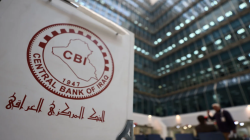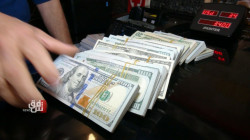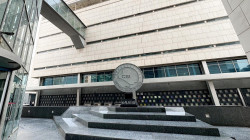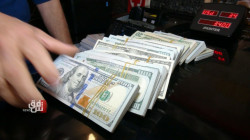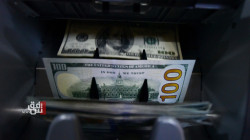CBI sells +$274 million in forex on Wednesday
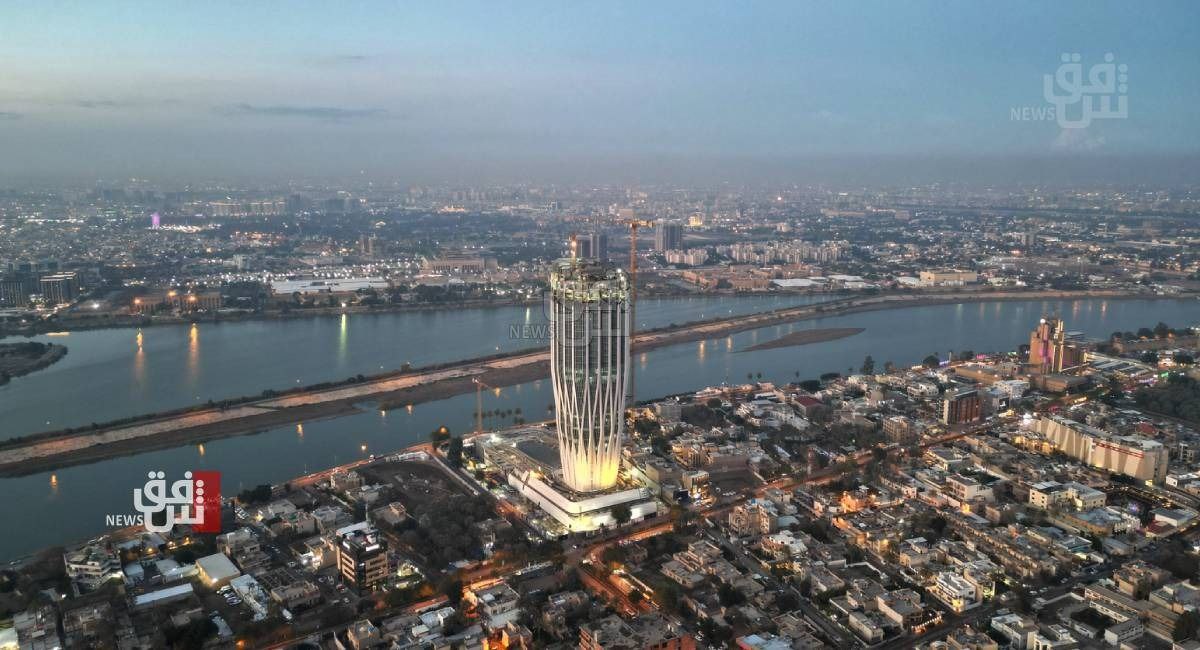
Shafaq News/ The Central Bank of Iraq (CBI) auctioned over $274 million on Sunday, with remittances outweighing cash sales by a huge margin.
According to a CBI report, the Bank sold $274,911,097 during today's auction. It covered these transactions at a base exchange rate of 1,310 dinars per dollar for documentary credits and international settlements of electronic cards, as well as for foreign transfers, while the rate stood at 1,305 dinars per dollar for cash transactions.
The report detailed that most of the sales ($260,135,097) went to feed foreign balances in the form of transfers and credit transactions. The remaining $14,775,300 were allocated for cash deals.
Cash deals were made by six banks made cash deals, while requests relevant to external balances were met by 14 banks. A total of 105 exchange and brokerage companies took part in the auction.
Earlier this month, Iraq's central bank banned 197 companies from participating in foreign currency auctions, a move seen as targeting money laundering and terrorism financing.
With dollars dominating the country's economy, Baghdad has imposed a series of restrictions on the use of American greenbacks domestically.
Earlier this month, the CBI vice governor said Iraq has considerably increased overseas dollar transactions through the official global SWIFT system, the Central Bank vice governor said last week.
At the end of 2022, the country's banking sector also adopted the international financial messaging system known as SWIFT as part of the reforms, to help tackle money laundering and ensure respect for international sanctions.
Oil-rich Iraq has no shortage of dollars, with foreign currency reserves of more than $100 billion. However, experts say tax evasion, the black market, and dollar smuggling to countries and entities facing United States sanctions, mainly neighboring Iran, have increased demand for foreign currencies.
At the beginning of 2023, transactions were at $50 million per day. Iraq now has around $200 million, which is consistent with the size of Iraq's economy, according to official estimates.
Iraqi banks wanting to access dollar reserves held in the United States must make transfers through the electronic system. The US Federal Reserve will then examine the requests and block them if it finds them suspicious.
But the black market is still thriving.
The official exchange rate is fixed by the government at 1,320 dinars to the dollar. On unofficial markets, the dinar has been trading at 1,470 per dollar.
Iraq has close commercial ties with Iran, which also wields considerable political influence in Baghdad where its Iraqi allies dominate parliament and back the current government.
Prime Minister Mohamed Shia al-Sudani acknowledged last year that sanctions preventing dollar transfers to Iranian banks had driven Iraqi traders to the black market.
In late November, the government announced steps to encourage importers of goods like cigarettes, cars, gold, and mobile phones to use official channels to obtain dollars.
Iraqi authorities have banned more than 20 Iraqi banks from conducting dollar transactions in accordance with US regulations regarding sanctions and against money laundering.
The banned banks are restricted from dealing in dollars, but they are allowed to operate local transactions.
